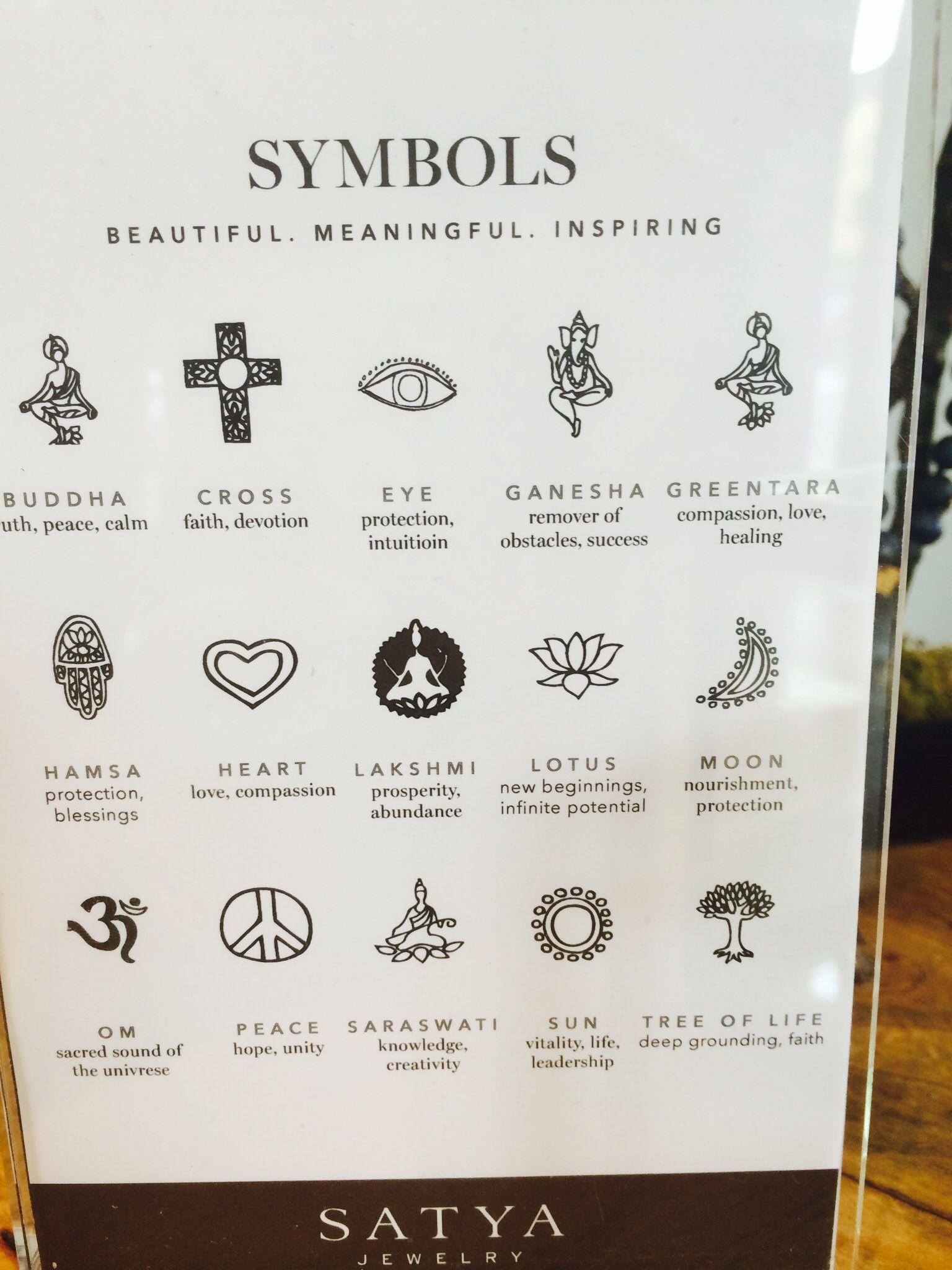Spiritual tattoos have become increasingly popular in recent years, with individuals seeking to express their beliefs, values, and personal connections to the divine through permanent ink. These tattoos often hold deep symbolic meanings and serve as a form of self-expression and a way to connect with something greater than oneself. From ancient religious symbols to modern interpretations of spirituality, spiritual tattoos come in various forms, each with its unique story and significance.
The Art of Spiritual Tattoos: A Personal Journey

Spiritual tattoos are not merely aesthetic choices; they are a profound expression of one’s inner beliefs and experiences. For many, getting a spiritual tattoo is a deeply personal decision, marking a significant moment or a lifelong dedication to a specific faith or philosophy. The process often involves careful consideration and research, as individuals seek to find the perfect symbol or design that resonates with their soul.
The popularity of spiritual tattoos spans across various cultures and religious backgrounds. Whether it's a Buddhist mantra, a Christian cross, a Hindu om, or an abstract representation of the universe, these tattoos allow individuals to wear their faith proudly and connect with like-minded people who share similar spiritual journeys.
Symbolism and Meaning in Spiritual Tattoos
The beauty of spiritual tattoos lies in their ability to convey complex ideas and emotions through simple yet powerful symbols. Each design element holds a specific meaning, and when combined, they create a unique narrative that is deeply personal to the wearer.
For instance, the dharma wheel, a symbol commonly found in Buddhism, represents the noble eightfold path leading to spiritual enlightenment. The wheel's eight spokes symbolize right understanding, right thought, right speech, right action, right livelihood, right effort, mindfulness, and concentration. In a tattoo, this symbol can serve as a constant reminder of the path to inner peace and wisdom.
Similarly, the Celtic cross, a fusion of the Christian cross and ancient Celtic designs, represents the fusion of spirituality and culture. It is often associated with Celtic Christianity and serves as a symbol of faith, heritage, and the balance between the spiritual and physical worlds.
| Symbol | Meaning |
|---|---|
| Om (Aum) | The sacred sound and symbol in Hinduism, representing the essence of the universe and the divine. |
| Ankh | An ancient Egyptian symbol of life, often used in spiritual tattoos to represent eternal life and divine energy. |
| Tree of Life | A symbol found in various cultures, representing growth, strength, and the interconnectedness of all living beings. |
| Mandala | A circular design originating from Hinduism and Buddhism, symbolizing the universe and the journey towards spiritual enlightenment. |

Exploring Spirituality Through Body Art
Spiritual tattoos offer a unique way to explore and express one’s spirituality. They serve as a constant reminder of the wearer’s values, intentions, and connection to a higher power. Whether it’s a small, discrete tattoo or a large, bold piece, the impact and significance are deeply personal.
Some individuals choose to get spiritual tattoos after a life-changing spiritual experience, such as a retreat, a pilgrimage, or a moment of profound self-realization. These tattoos become a tangible representation of their journey, serving as a daily reminder of the power of faith and the beauty of the spiritual realm.
Others may opt for a spiritual tattoo as a way to honor their cultural heritage or to connect with their ancestors. For example, Native American tattoos often feature symbols like the dreamcatcher, representing protection and good dreams, or the medicine wheel, symbolizing the four directions and the balance of life.
The Artistry Behind Spiritual Tattoos
Creating spiritual tattoos requires a unique blend of artistic skill and spiritual understanding. Tattoo artists who specialize in this field often have a deep appreciation for the symbolism and cultural significance of the designs they create. They work closely with their clients to understand their personal stories and beliefs, ensuring that the final tattoo is a true reflection of the wearer’s soul.
The artistic process can be as transformative as the tattoo itself. Artists may incorporate various styles, from traditional blackwork to colorful realism, to bring the spiritual symbol to life on the skin. The choice of colors, shading, and placement can all contribute to the overall meaning and impact of the tattoo.
For example, a blackwork tattoo of a Buddhist lotus flower, with its intricate petals and subtle shading, can represent the journey from darkness to enlightenment. The use of black ink and the delicate detailing highlight the beauty and strength that emerge from challenging circumstances.
The Impact of Spiritual Tattoos in Modern Society
In today’s diverse and interconnected world, spiritual tattoos have become a powerful means of self-expression and cultural appreciation. They allow individuals to celebrate their faith, honor their heritage, and connect with others who share similar beliefs.
Spiritual tattoos can also serve as a conversation starter, sparking interest and curiosity about different faiths and cultures. They can bridge gaps and foster understanding between people of different backgrounds, creating a sense of unity and respect for the diverse spiritual journeys that exist within our global community.
Furthermore, in a fast-paced and often materialistic society, spiritual tattoos offer a reminder of the importance of inner peace, compassion, and connection to something greater than oneself. They encourage individuals to pause, reflect, and appreciate the deeper meanings and values that guide their lives.
Finding the Right Tattoo Artist for Your Spiritual Tattoo
When it comes to getting a spiritual tattoo, finding the right artist is crucial. Look for artists who have a strong portfolio showcasing their ability to capture the essence of spiritual symbols. Consider their understanding of different religious and cultural traditions and their willingness to collaborate with you to create a unique and meaningful design.
It's essential to have open and honest communication with your artist, sharing your personal story and the significance of the tattoo. This collaboration ensures that the final piece not only looks beautiful but also resonates deeply with your spiritual journey.
The Future of Spiritual Tattoos

As society continues to embrace diverse spiritual paths and seek deeper connections, the popularity of spiritual tattoos is likely to grow. These tattoos will continue to serve as a powerful form of self-expression, allowing individuals to wear their beliefs proudly and connect with others on a spiritual level.
With advancements in tattoo technology and artistic techniques, the future of spiritual tattoos looks bright. Artists will continue to push the boundaries of creativity, incorporating new styles and innovations while staying true to the symbolic meanings that make these tattoos so profound.
The evolution of spiritual tattoos will also be influenced by the changing nature of spirituality itself. As society becomes more open to diverse beliefs and practices, spiritual tattoos may reflect a broader range of philosophies and personal interpretations, further enriching the world of body art.
How do I choose the right spiritual symbol for my tattoo?
+
Choosing the right spiritual symbol involves self-reflection and research. Consider your personal beliefs, values, and experiences. Look for symbols that resonate with your soul and represent your spiritual journey. It’s beneficial to explore various religious and cultural traditions to find the perfect symbol that aligns with your intentions.
Are spiritual tattoos only for religious individuals?
+
No, spiritual tattoos are not exclusively for religious individuals. While many spiritual tattoos draw inspiration from various religious traditions, they can also represent personal philosophies, connections to nature, or a general sense of spirituality and mindfulness. The meaning behind the tattoo is deeply personal and can vary from person to person.
Can I get a spiritual tattoo without understanding the cultural or religious context?
+
It’s essential to approach spiritual tattoos with respect and cultural sensitivity. While you don’t need an in-depth understanding of every symbol, it’s beneficial to research the cultural and religious context to ensure you’re honoring the symbol’s meaning and not appropriating someone else’s faith or heritage. Open communication with your tattoo artist can also help guide you in making an informed decision.
How do I care for my spiritual tattoo to ensure its longevity and vibrancy?
+
Proper aftercare is crucial for the longevity and appearance of your spiritual tattoo. Follow your tattoo artist’s aftercare instructions carefully. This typically involves keeping the tattoo clean, moisturized, and protected from the sun. Avoid picking or scratching the tattoo as it heals, and consider touch-ups as needed to maintain its original vibrancy.
What if I change my spiritual beliefs after getting a tattoo that represents them?
+
Spiritual journeys can evolve over time, and it’s not uncommon for individuals to explore and adopt different beliefs. If you find yourself in a situation where your spiritual beliefs have changed, remember that tattoos can hold multiple layers of meaning. Your tattoo can still represent your growth and the path you’ve traveled. Alternatively, you can discuss cover-up options or additions with your tattoo artist to reflect your new beliefs.